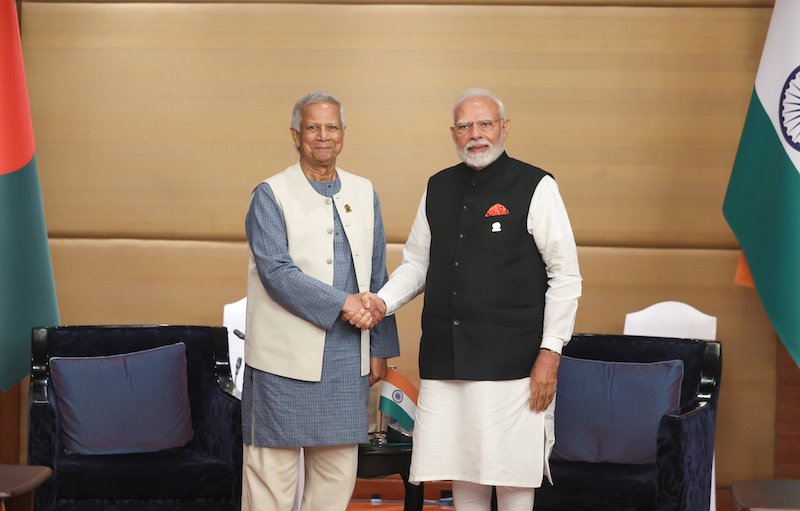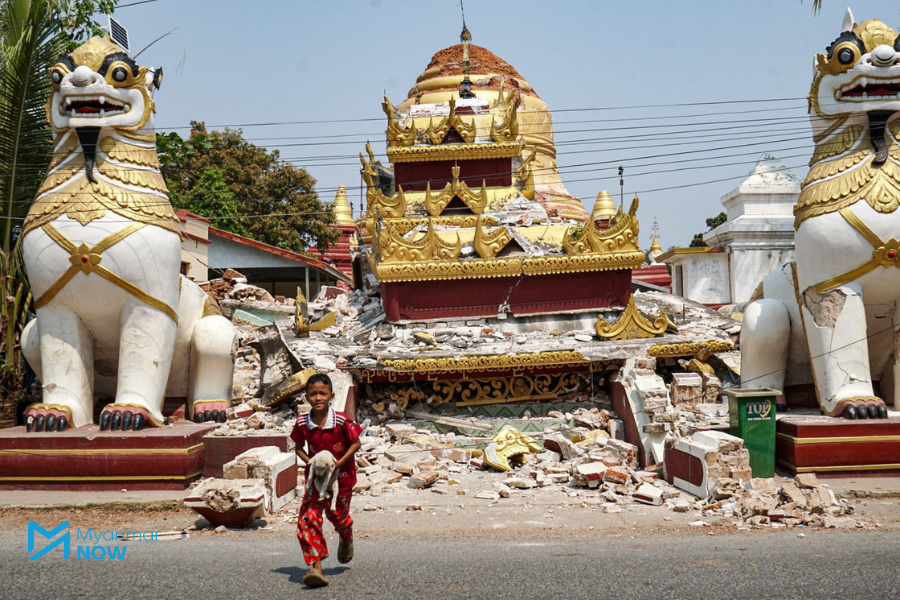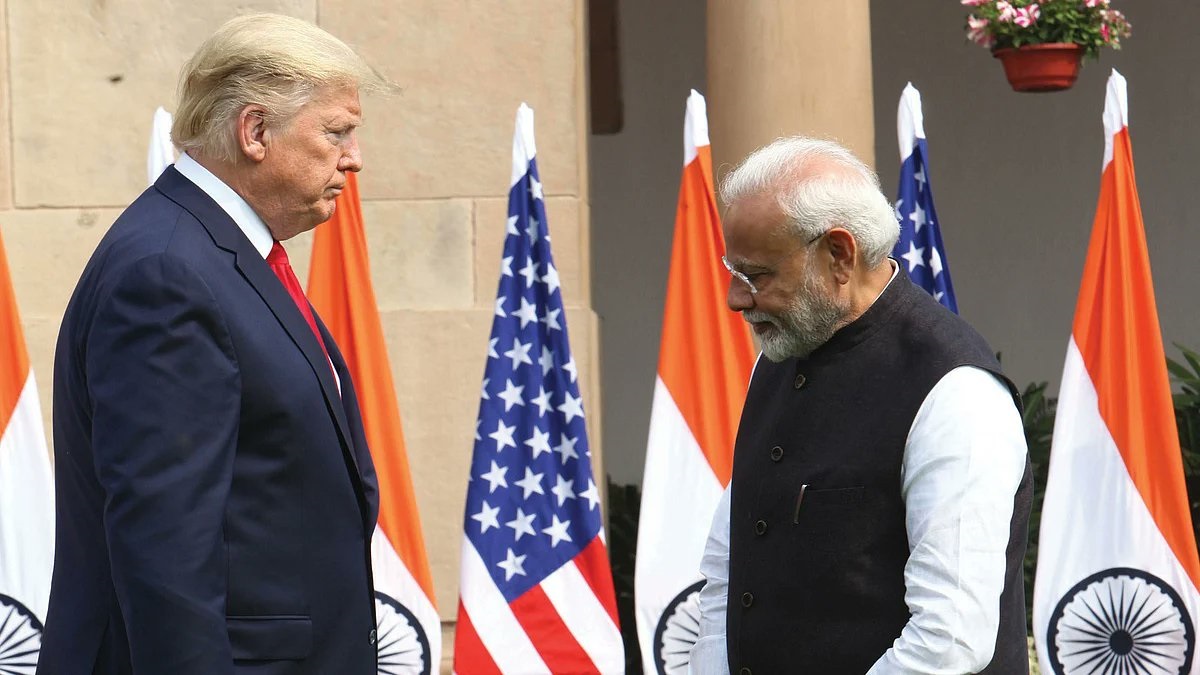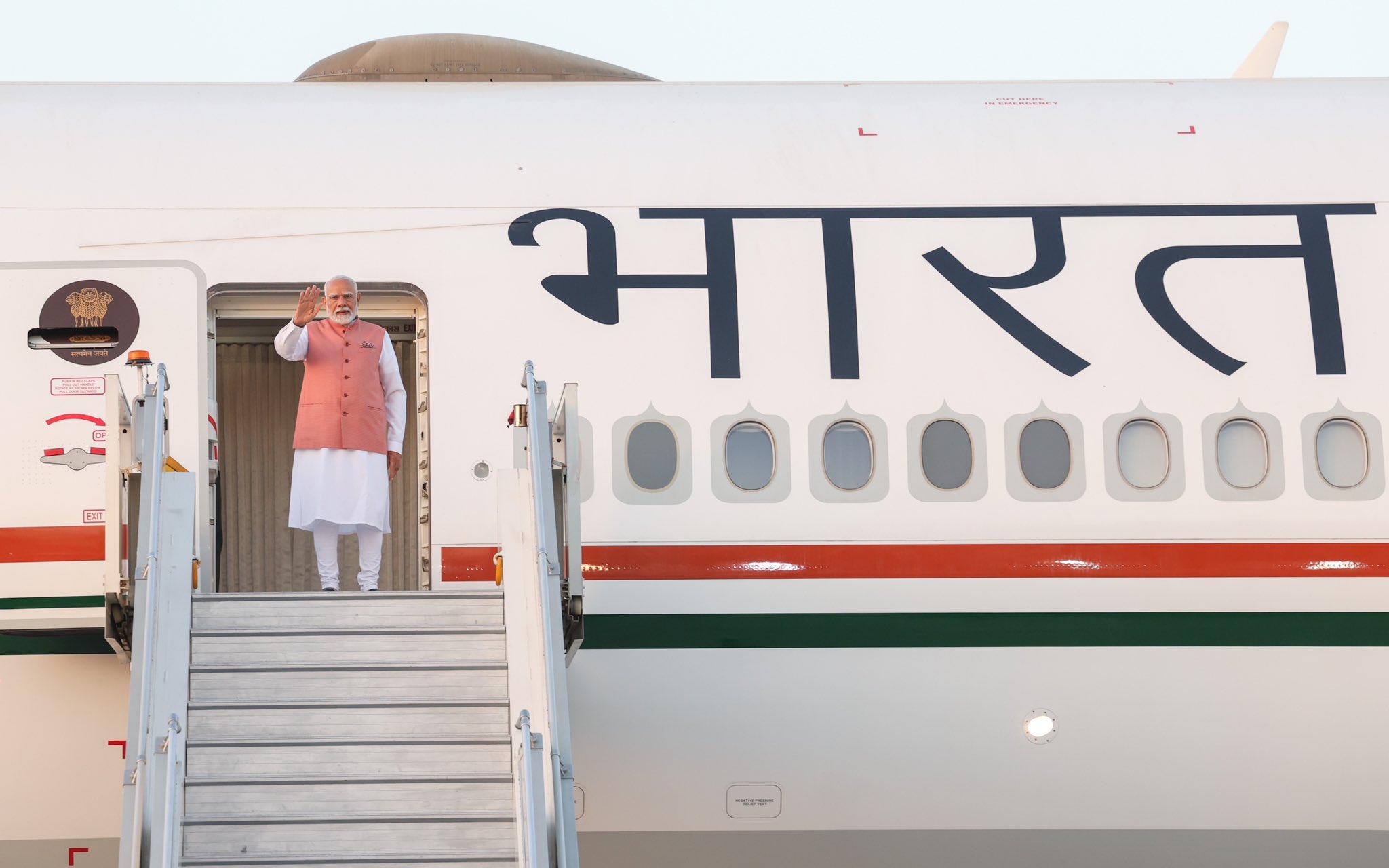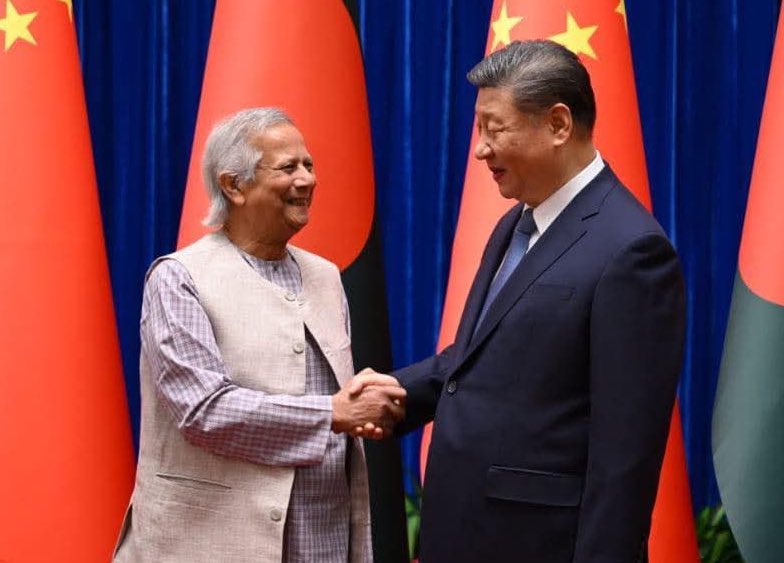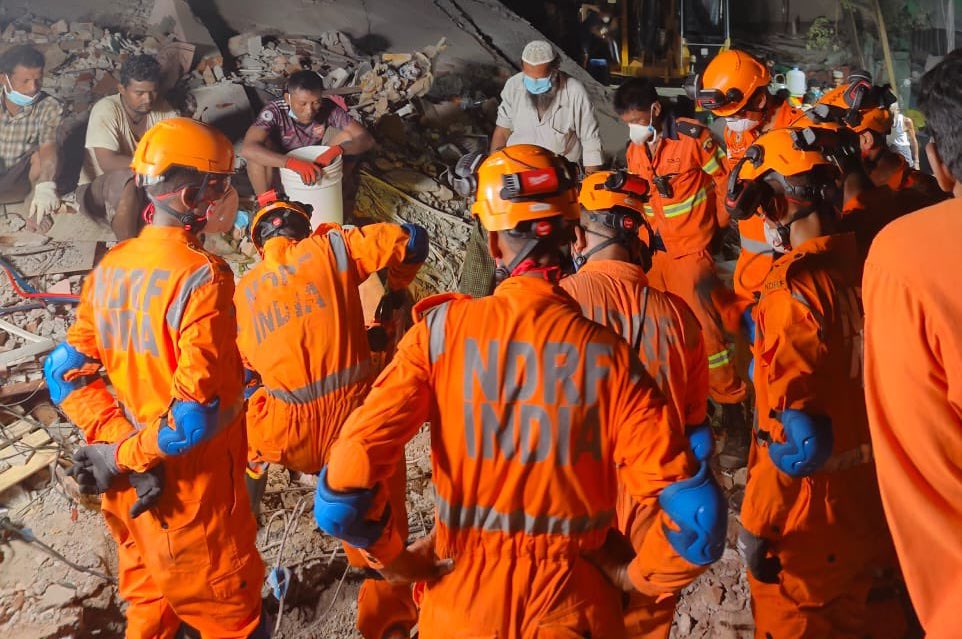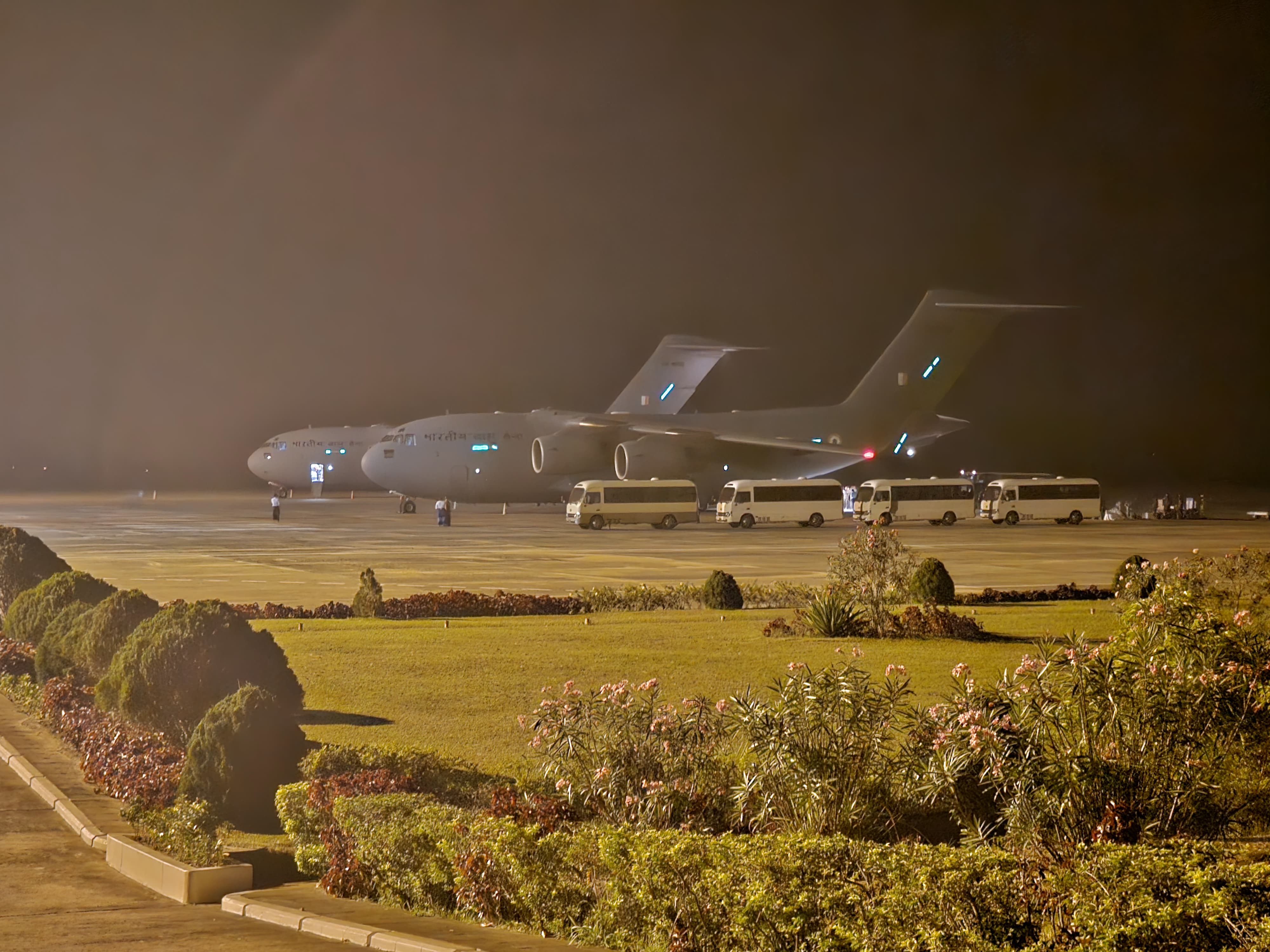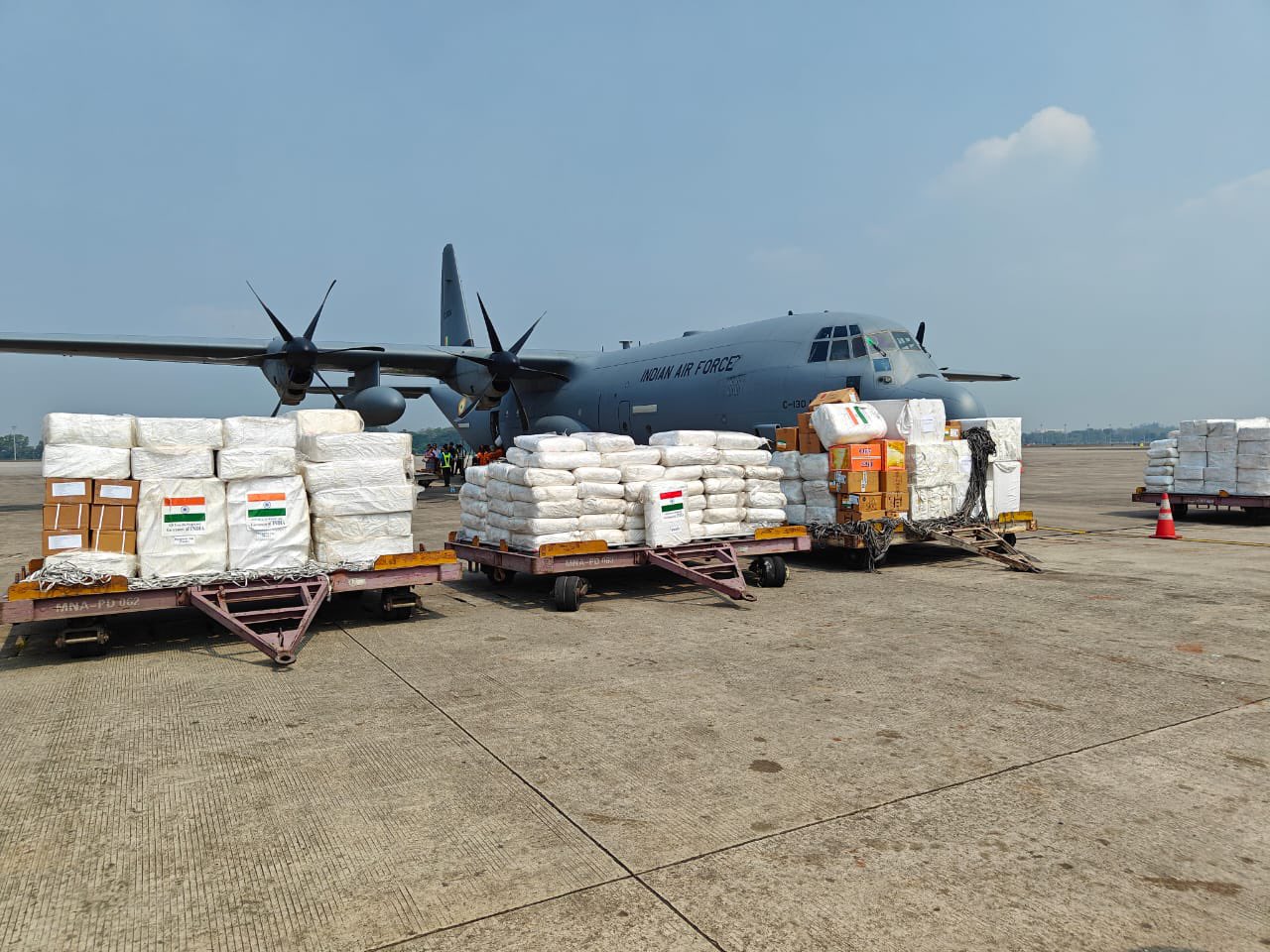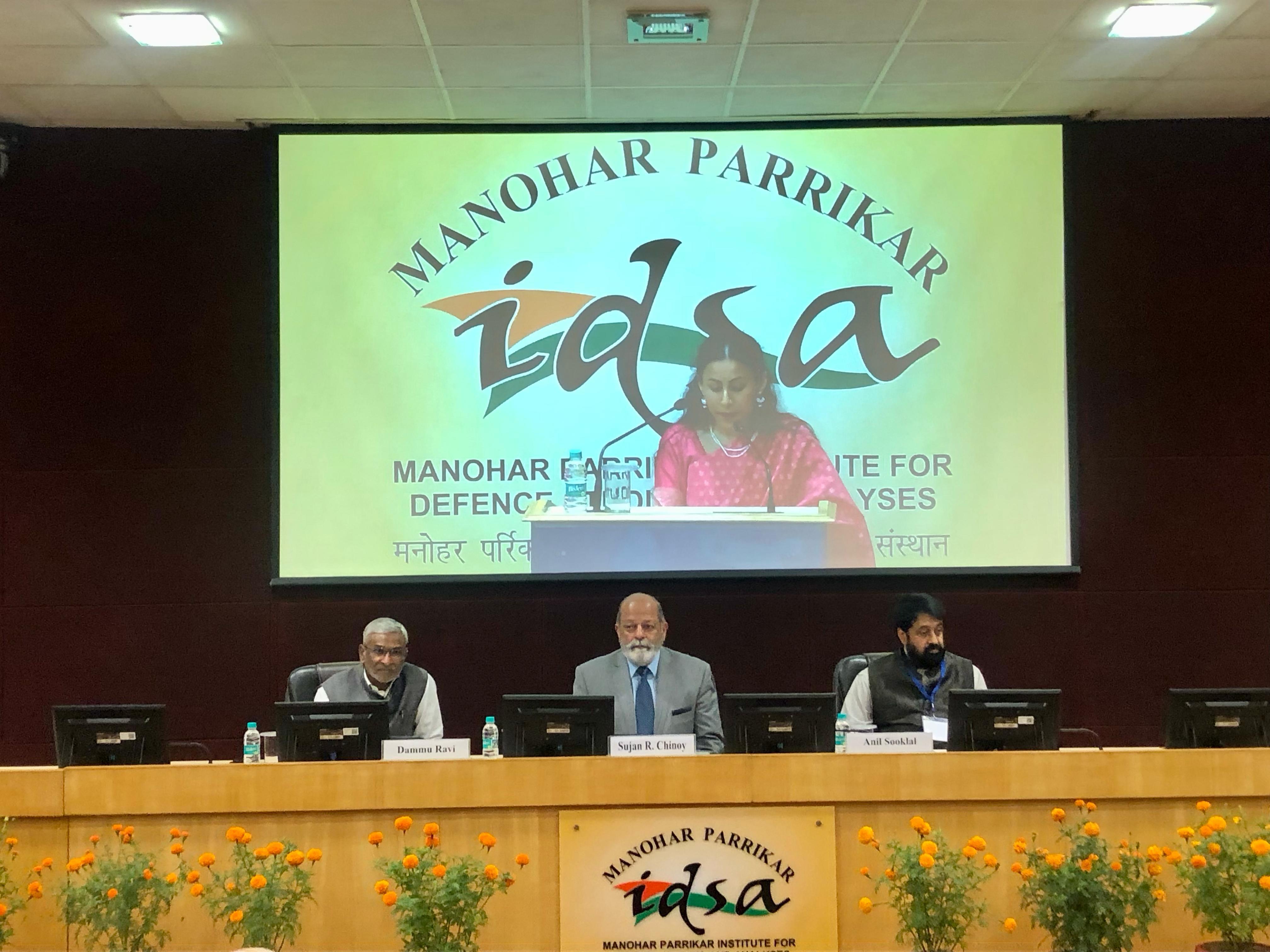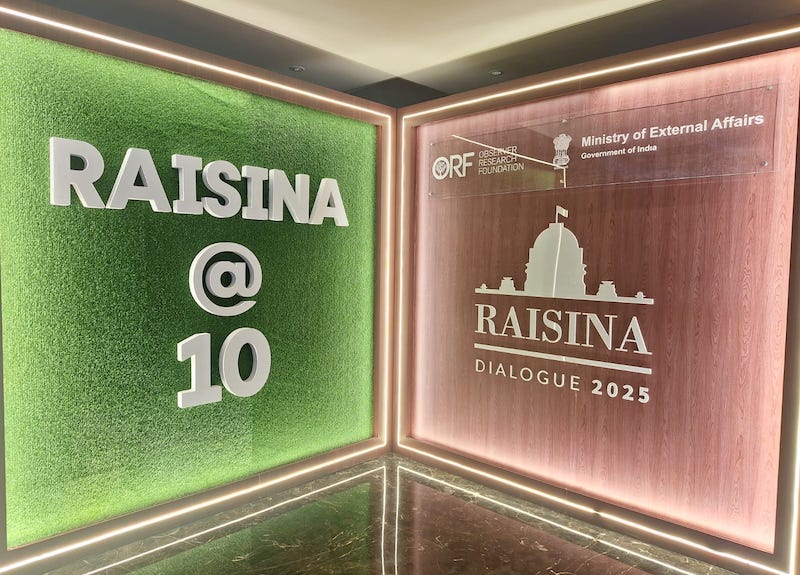
New Delhi: Korea and India will become the lamp that contributes to the peace and prosperity not just in Asia but around the world, said South Korea's First Lady Kim Jung-sook said on Saturday while participating in a webinar organized by Indian Council for Cultural Relations (ICCR) themed ‘Weaving Relations: Textile Tradition’.
The webinar was a celebration of Mahatma Gandhi’s struggle against British colonial rule through the locally made products and widespread use of khadi, a traditional textile and his yearning for world peace.
Our Guest of Honour, H.E. Kim Jung-sook, The First Lady of the Republic of Korea, is addressing the dignitaries at the webinar "Weaving Relations: Textile Traditions". She speaks of her visit to India for the Diwali celebrations at Ayodhya. Watch live at : https://t.co/nyLbQxPNWM pic.twitter.com/P6kypClIfP
— ICCR (@ICCR_Delhi) October 3, 2020
Prime Minister Narendra Modi inaugurated the webinar through a video message.
The first lady of Republic of Korea conveyed her “deepest condolences and heartfelt sympathies to all those affected by Covid-19” and recollected the special meaning behind a replica charkha gifted by Prime Minister Modi at the Gandhi Smriti during President MOON Jae-in’s visit to India in 2018.
She also recalled Gandhi’s thoughts behind the symbolic khadi and as an avid believer in Gandhian ideas befittingly wore a dress made of Banarasi khadi, while delivering the opening message.
"Domestically, the textile sector is among the highest job providing sectors in India and internationally, textiles help us in building trade and cultural relations with the world", Hon'ble PM @Narendramodi speaking at the webinar: "Weaving Relations: Textile Traditions". pic.twitter.com/mdqdm0rB9A
— ICCR (@ICCR_Delhi) October 3, 2020
Ms Jung-sook emphasized that “In the midst of the global pandemic, we have reconfirmed our strong bilateral ties”.
Artists, master artisans, weavers, technicians from countries such as India, Indonesia, Vietnam, Bangladesh, Tajikistan, Bhutan, Bahrain, Thailand, Afghanistan, Belarus and Sri Lanka participated in this webinar and discussed weaving as a medium that represents Gandhi’s philosophies.
In November 2018, “I made a solo trip to India at the invitation of Prime Minister Modi. I had the great pleasure of celebrating Diwali as the chief guest at the Deepotsav in Ayodhya and attending the groundbreaking ceremony of the Queen Huh (Suriratna) Memorial Park. It was a deeply meaningful visit to witness and confirm that an ancient bond between Korea and India which continues to the present day will move forward into the future where our two countries will co-prosper,” Ms Jung-sook said.
In this era of mass production, “this traditional hand-woven and eco-friendly fabric is drawing wide interest. Gandhi believed that ordinary people who preserved their own culture and traditions were to be deemed as true heroes and heroines. Traditional fabrics of a nation embody the very spirit of its people,” she said.
As for Korea, “white woven cotton fabric has long been regarded as a symbol of the Korean people and their unwavering will,” she added.
Watch @vinay1011 , President, #ICCR & Member of Parliament delivering his speech during the inaugural session of the webinar, "Weaving Relations: Textile Traditions" organized in association with @Upid_msme as part of celebrations of 150th birth anniversary of #MahatmaGandhi. pic.twitter.com/YHXCSwRbpL
— ICCR (@ICCR_Delhi) October 3, 2020
“Today I am wearing a dress made of Banarasi Khadi, in order to cherish the great spirit of Gandhi. Among many prints, lotus, which is the national flower of India, reminds me of the lotus-shaped lamp I floated at the Diwali festival,” the first lady said.
Korea and India celebrate the 47th anniversary of diplomatic relations this year.
Under the Moon administration, “our two countries have worked together to further strengthen the ’Special Strategic Partnership’ built upon the two leaders’ friendship and mutual trust,” she said.

